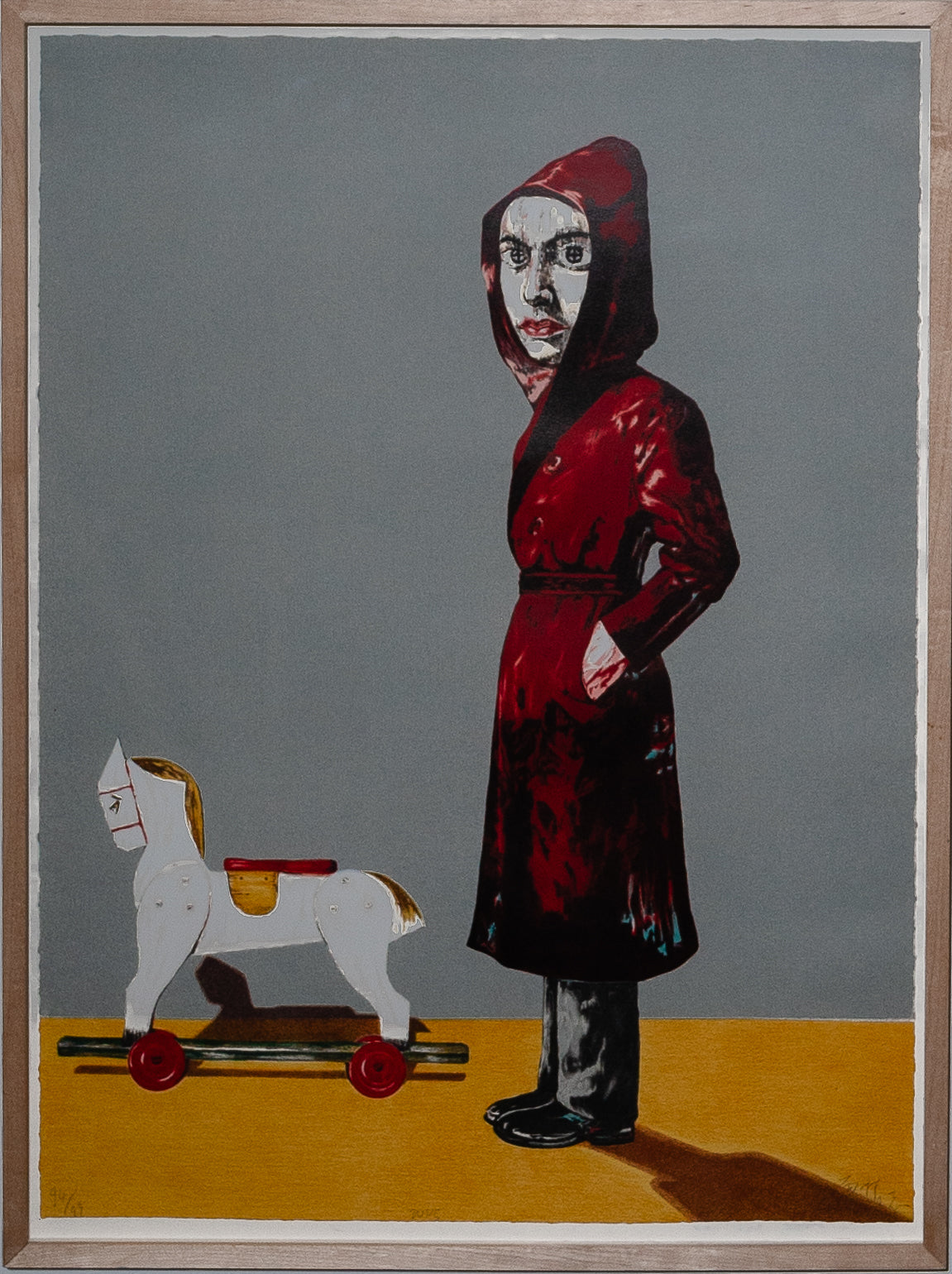
ARTIST
Zeng Fanzhi
Selected Works
Empty collection
This collection does not contain any products.
Cart
Your cart is empty

This collection does not contain any products.